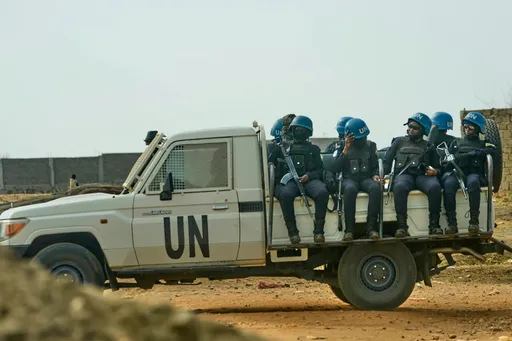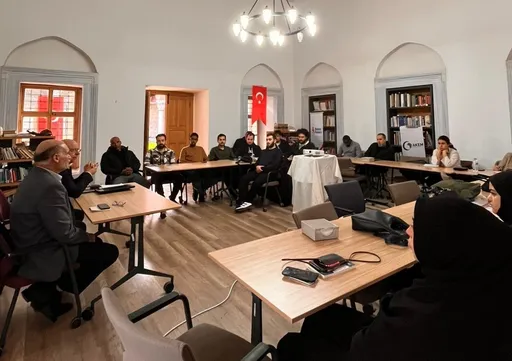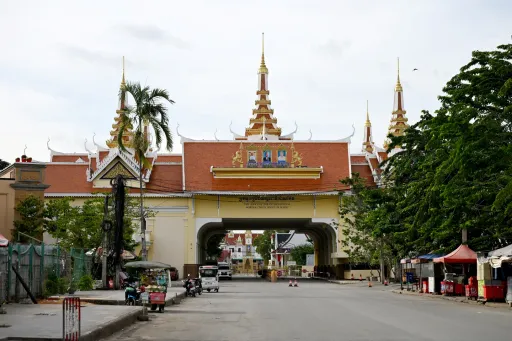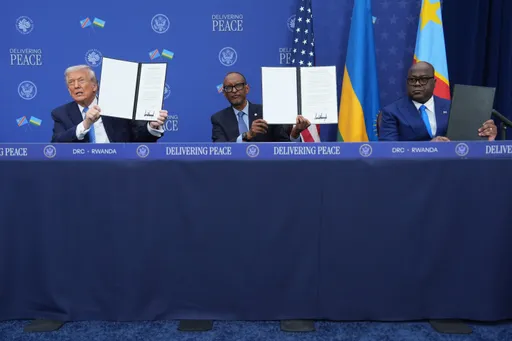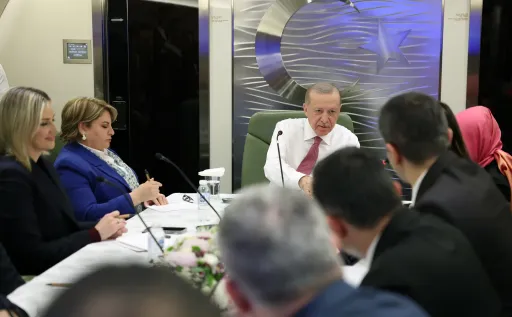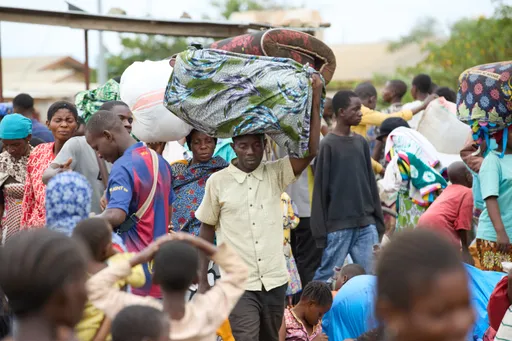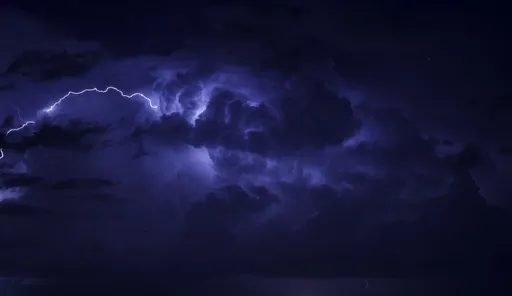By Mahmoud Shaaban
For the second time in as many months, the Lebanese movement Hezbollah has had to appoint a new leader after the two previous ones were killed by Israeli missiles.
Secretary-General Hassan Nasrallah was killed in September, and so was his deputy Hashem Safieddine, days after he was declared Nasrallah's successor.
Amid speculation about the viability of Hezbollah's future, Naim Qassem's appointment as the new Secretary General appears to be more about maintaining stability within the organisation rather than altering its direction.
But it still carries significant implications for Lebanon, Iran and the region.
Stress test
There is no doubt that the blows Israel has inflicted in the past few months on Hezbollah, which has claimed to position itself as a supporter of the Palestinian resistance since last October, have been earth-shattering.
Although the movement won popularity among many Arabs for standing up against Israeli aggression, Hezbollah's involvement has come at a steep cost, particularly following targeted Israeli strikes that have decimated key leadership figures within the organisation.
The appointment of Qassem is a reflection of such costs. Though he is a well-known figure within the party, his "populist" image raises concerns about whether he has the depth and seriousness required for leadership during such tumultuous times.
The choice of Qassem reflects not only an internal adjustment within Hezbollah, but also highlights the party's precarious position amid escalating Israeli aggression.
Hezbollah's strategy of engaging in limited conflict with Israel amid the war on Gaza quickly backfired. Despite the movement's attempts to adhere to established rules of engagement, Israel escalated the conflict, going beyond these rules, which Hezbollah had not prepared for.
This led to a series of assassinations targeting Hezbollah's leadership. This relentless Israeli aggression has not only put Hezbollah on the defensive, but also posed an existential threat to its survival as a significant military force backed by Iran.
After the assassination of Ismail Haniyeh in July in the heart of Tehran on the eve of Masoud Pezeshkian's inauguration as president, Iran initially considered postponing its military response. However, it soon realised that Israel was close to undermining Iran's long-term "investment" in Hezbollah.
Direct intervention
Thus, Iran's leadership opted for swift and direct intervention in the conflict, marking a critical turning point.
According to a source close to the defeated presidential candidate in the Iranian elections, Saeed Jalili, Iran "decided without discussion to enter the arena of conflict directly" with Israel to save Hezbollah.
Two primary strategies emerged: conducting bombings deep within Israeli territory, the first of which took place earlier this month, and restructuring Hezbollah's command structure under the guidance of the Iranian Revolutionary Guard.
Following the assassination of its leaders in September, Iran's Quds Force commander, Esmail Qaani, travelled to Lebanon to oversee Hezbollah's reorganisation. His mission was clear: restore the party's operational capacity to confront Israel and capitalise on the momentum created by recent Iranian military actions.
Qaani did not return to Iran until the Hezbollah leadership was stabilised and a new path established after the departure of its senior leaders. Within three days, Qaani's restructuring effectively placed Hezbollah back under the direct supervision of the Revolutionary Guard, aligning the party more closely with Iran's strategic objectives.
New leader
Qassem's appointment carries substantial implications.
This relatively low-profile individual within Hezbollah's political landscape now leads the party during a particularly intense period of conflict with Israel. His appointment, characterised by Iranian influence, has been closely monitored and orchestrated.
Hezbollah, once a symbol of resistance on Lebanese soil, now faces challenges from both within and outside its ranks.
The Revolutionary Guard chose a non-military leader to steer the organisation, aiming to avoid provoking Israel or inciting an assassination attempt on the new leader, which could lead to further chaos within the party.
Qassem's perceived limitations as a political leader will likely not disrupt the established hierarchy of the organisation. Thus, his placement serves as further assurance for the Revolutionary Guard that Hezbollah will remain firmly under Iranian control, especially in light of the rising complexities of the regional conflict.
This is important, as Hezbollah, once a symbol of resistance on Lebanese soil, now faces challenges from both within and outside its ranks.
Its declining popularity, exacerbated by its military involvement in Syria and support for Bashar al-Assad, has alienated large segments of the Lebanese population and diminished its standing in the Arab world.
The party's image has also suffered as it grapples with perceptions of being an Iranian proxy rather than a Lebanese nationalist force.
At a crossroads
Moreover, Hezbollah's entanglement in Syria will continue to draw criticism, complicating its ability to navigate domestic politics. The party is at a crossroads, forced to choose between maintaining its allegiance to Iranian directives and addressing the growing dissent among its constituents.
As Hezbollah strives to reclaim its influence, the Revolutionary Guard's direct oversight presents a double-edged sword.
While it may strengthen military capabilities in the short term and protect against Israel's onslaught, the long-term consequences of increased Iranian entrenchment could erode Hezbollah's autonomy and diminish its appeal within Lebanon.
In conclusion, Hezbollah's fate now rests heavily in the hands of the Iranian Revolutionary Guard. The challenges ahead are significant, with rising tensions likely to provoke backlash not only from the Lebanese public but also from the broader Arab populace.
As the party grapples with its identity and strategy amid an evolving landscape, Hezbollah remains a prisoner of successive leadership losses and declining popularity in the wake of criticism from the Arab public, which once celebrated its leader, Hassan Nasrallah, during the 2006 war.
This article was published in collaboration with Egab.
The author, Mahmoud Shaaban is an Egyptian political researcher and journalist. He completed his master's thesis on Iranian-American relations, specifically focusing on "The Impact of US Sanctions during the Donald Trump Era on Iran's Regional Behavior." Currently, he is preparing to defend his doctoral dissertation on regional security, with a focus on "The Impact of Proxy Wars between Iran and the United States on the Security Structure in the Middle East." Shaaban has been specializing in Iranian affairs for several years and has participated in dozens of political events inside Iran. His most recent engagement was covering the recent Iranian presidential elections held in June 2024.
Disclaimer: The views expressed by the author do not necessarily reflect the opinions, viewpoints and editorial policies of TRT Afrika.
➤ Click here to follow our WhatsApp channel for more stories.









